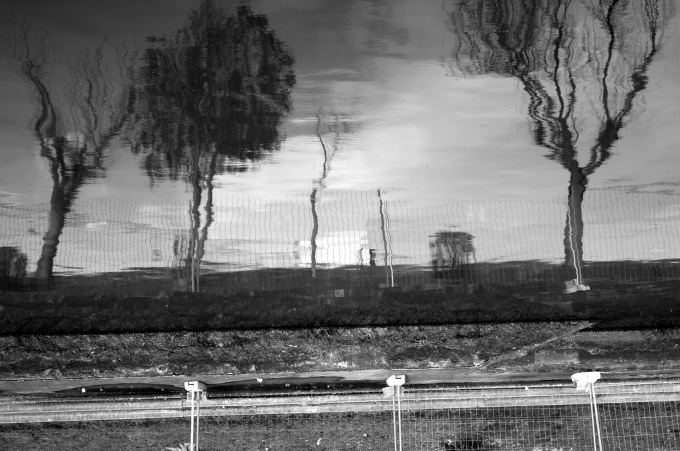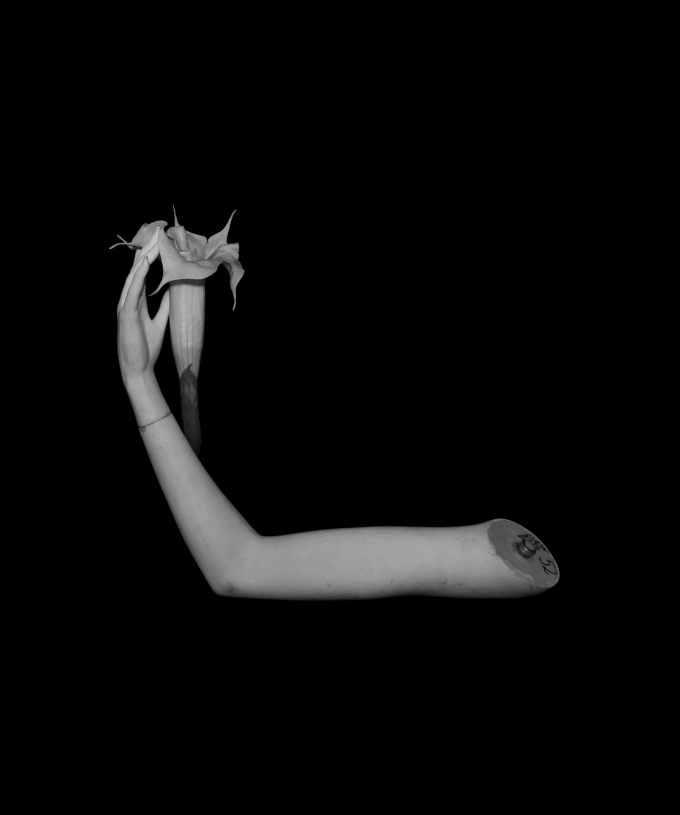The world-renowned pianist and Guildhall School Professor Martin Roscoe will be giving a lunchtime recital of music of Schumann, Schubert and Dohnányi at City on Friday January 27th, at 13:10 in the Performance Space. He will also be giving a masterclass to City students beginning at 14:30 that day.
City PhD student Natalie Tsaldarakis, who is researching with supervisor Ian Pace the ‘Manchester School’ of pianism and especially the influence of Gordon Green, Roscoe’s teacher, has conducted an exclusive interview with him in advance of the concert. This is printed here.
I watched with interest your interviews with Melanie Spanswick, Keith Homer and conversation with Peter Donohoe and wanted to ask: As a youngster you faced a major crisis performing the Waldstein Sonata and receiving less than favourable reaction from the adjudicator at a competitive festival, then playing for Gordon Greene and Marjorie Clementi and being told that you were talented but in need of discipline and indeed a new teacher. [For those who may not be aware, the Waldstein forms part of the second disc of Beethoven Sonatas recorded for the Deux-Elles label and was hailed by BBC3 as exhibiting “perfect musical judgement and a formidable technique”]. How did your family find out about Gordon Green in the first place?
My mother was a science teacher and she asked the music teacher at her school who recommended getting touch with Gordon Green, who lived in Liverpool. I went to his house to play to him. 1965 I think.
In what way was Gordon ‘a major influence’ on your playing?
I started lessons with him in 1969 after four years with Marjorie Clementi. He was very much a person who adapted his teaching to each student and taught with care to bring out the best in everyone. He had tremendous knowledge of repertoire but also was a fantastically generous person. He had a colossal variety of other interests as well. He was very inspiring on many levels.
Are you aware of Gordon’s influence in your teaching and/or your performing?
I can remember most of what he said to me…but he didn’t have a teaching method as such. All his students sounded different; the hallmark of an exceptional teacher in my view.
Do you feel that you are part of a legacy and if so, in what way?
I guess I must be in that Gordon studied with pupils of Busoni and Liszt, yet this applies to so many pianists. I tend not to think too much about that.
Thinking about our students, for some perhaps similarly feeling the need to transition to a higher level of performance but who may still have technical challenges to face: is it ever too late to do so, and is there an optimum age to acquire a solid technical foundation to enable one to perform at a professional standard?
Well the sooner the better I guess, while fingers and brain are at their best. Yet we are all different!
And in a place like London, where there are many teachers of all possible levels, how would one go about choosing the right teacher?
Ask around for recommendations and play to maybe three or four people. Go for the person who gives you the most new information without either telling you how good or how bad you are!
What is your practice regime these days?
I just have a goal what I need to achieve each day for the upcoming concerts, as well as perhaps spending some time revising a work I haven’t played for several years, or learning something new.
Do you still do any technical work or do you work on the challenges within context of a particular piece?
I don’t do any technical exercises any more, there are so many challenges already to keep one busy.
You talk about having had masterclasses as a student, such as with Brendel, which you found fascinating. Do you have an aim in mind when you are delivering masterclasses yourself, taking into consideration that time will always be limited?
I learnt a lot from playing to Brendel and also listening to him work with others. In my own classes I try to keep to general points mostly, although each student needs a different response. It’s also important not to belittle the student in public, (or in private for that matter), and also to try to direct some general comments to the listeners.
What should students expect when playing for you at a masterclass?
They can expect me to kind and helpful!
Should they come prepared to play from memory and do you have any tips on how to deal with nerves (and possibly the usual fear of forgetting the music when playing from memory)?
Memory is a huge issue. As I’ve virtually given up playing from memory I’m not going to complain if someone plays from the score to me in class! With regard to nerves I suggest one can look at the extended interview I gave on the subject on the website Beyond Stage Fright (see http://www.beyondstagefright.com/martin-roscoe/)
You evidently have a prodigious memory and capacity to learn new repertoire: your official site states that you have a repertoire of over 100 concertos alone, not to mention the solo and chamber music repertoire you have performed and prolifically recorded. What is your approach to learning new repertoire (or returning to “old” pieces): do you analyse and how far do you go with this?
Learning new pieces requires utmost care of detailed preparation and I often work hands separately and at very slow tempo. Revising is a much quicker process. I’m fortunate that I can learn quickly, but we are all different.
How important is for you learning about the context in which a composition came to be and how important is listening to other pianists? Perhaps you have some tips for our students in preparation for the masterclass?
Some background can be useful and of course one should listen to other pianists. However one should guard against listening exclusively and often to one particular recording.
And one more question on repertoire: in a recent interview with Frances Wilson (the well-known blogger of Cross-Eyed Pianist fame and Bachtrack critic) you stated that “Meaning is more important than style, yet a sound knowledge of style is also necessary”. Would you care to elaborate further?
Not really…I think this is self-explanatory. I will just say that communication in performance is the be all and end all and performance practice is a means to that end.
Tell us a bit about your choice of repertoire for your concert at City and your recording projects: you have an extensive catalogue with far-ranging repertoire. The latest CD with Beethoven Sonatas was released this December; when can we expect the first instalment of Schubert?
The date came in at fairly short notice. I’m playing these pieces as well as others in a recital in Leipzig two days later. My Beethoven is all recorded but it seems to be taking the company a very long time to release the discs. I’ve put a hold on recording Schubert until the releases of Beethoven are pretty much complete…three more discs to go!
What do you make of the changing environment of the recording industry, and the relatively new media of recorded media dissemination online (downloads, streaming, YouTube, live streaming)?
Being a bit of a dinosaur I don’t really have a view…yet…
How has this plurality and accessibility of low cost technology impacted you as a recording artist?
It hasn’t as yet…
Furthermore, could you make a prediction for the future of recorded media (physical CDs and online) versus live concerts (versus the audience)?
Recordings will never take the place of a live concert experience… Or at least they SHOULDN’T !
Martin Roscoe bio overview:
During his illustrious career, Martin Roscoe has become one of the UK’s most loved and respected pianists. With his extensive repertoire, consummate musicianship and immediate connection with audiences, he is in great demand as a concerto soloist, chamber musician and recitalist. Martin appears regularly at Wigmore Hall and has long-standing associations with many of the UK’s leading orchestras such as the BBC Philharmonic and BBC Scottish Symphony. A prolific recording artist, Martin has a distinguished discography and is one of the most broadcast pianists on BBC radio.
http://www.hazardchase.co.uk/artists/martin-roscoe/ accessed 6 January 2017



